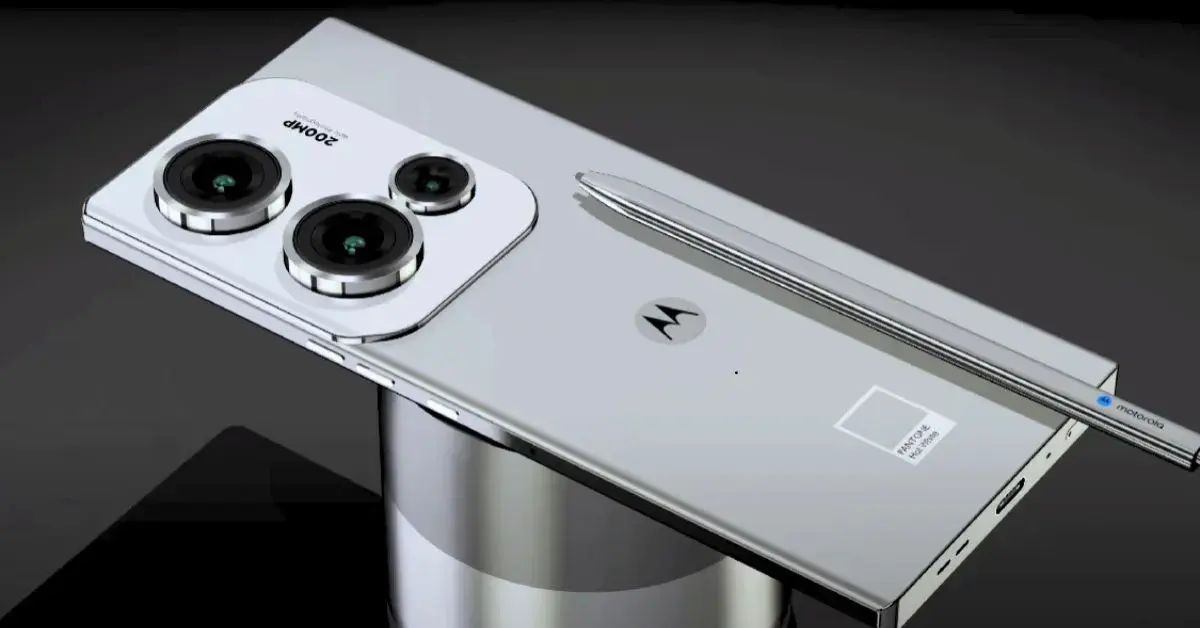Google is reportedly working on a groundbreaking project that could change the way we experience both ChromeOS and Android. The tech giant is rumored to be planning a full-fledged merger of these two operating systems, potentially creating a unified platform for laptops, tablets, and mobile devices. This move is seen as a strategic effort to compete with Apple’s iPad ecosystem, which dominates the tablet and hybrid computing market. If successful, this merger could revolutionize Chromebooks and Android devices, bringing better functionality, seamless app integration, and enhanced productivity features.
Google May Merge ChromeOS with Android: The Plan
Reports indicate that Google has been working on this ambitious merger for years. The goal is to integrate ChromeOS fully into Android, resulting in a new, desktop-optimized Android version that could eventually replace ChromeOS altogether.
In early 2024, Google announced a partial integration of ChromeOS with Android, introducing shared system components and improved app compatibility. However, the latest developments suggest that Google is now aiming for a complete fusion of the two platforms. This means that future Chromebooks could run on an Android-based system rather than ChromeOS, making them more versatile and feature-rich.
Key Features Under Development
Google is reportedly focusing on several major enhancements for the unified operating system:
- Improved keyboard, mouse, and display support: This would make Android a more viable option for traditional laptop usage.
- A new Chrome browser with extension support: Currently, Chrome on Android lacks full desktop-like functionality, but this could change.
- Linux Terminal integration: Bringing Linux support directly into Android would make it a powerful platform for developers and professionals.
- Enhanced multitasking capabilities: Features like multiple desktops, resizable windows, and better file management would improve productivity.
These improvements aim to create a platform that seamlessly transitions between touch-based and desktop computing environments, making Android more competitive against Apple’s iPadOS and Microsoft’s Windows.
Why Google May Merge ChromeOS with Android
The primary reason behind this strategic shift appears to be Apple’s dominance in the high-end tablet market. The iPad, especially with the introduction of iPadOS, has set a high standard for productivity-focused tablets. In contrast, ChromeOS has primarily been limited to budget-friendly laptops and educational devices, while Android tablets have struggled to gain traction among power users.
By merging ChromeOS with Android, Google aims to create a unified and powerful platform that:
- Enhances multitasking: More advanced window management and desktop-like functionality.
- Expands developer support: A single OS would encourage developers to optimize apps for a wider range of devices.
- Improves performance and usability: Chromebooks would gain better app compatibility and a more refined user experience.
- Streamlines Google’s ecosystem: A unified operating system would simplify software development and resource allocation.
This approach would allow Google to position its devices as serious competitors to iPads while offering an alternative to Windows laptops.
What to Expect from the Merger
This ambitious project is expected to take several years to complete. However, the long-term vision suggests that future Chromebooks could run on a fully integrated Android-based OS instead of the current ChromeOS.
Google’s premium Pixel laptops are likely to showcase the capabilities of this new platform first. These high-end devices could set new benchmarks for performance, usability, and app compatibility, demonstrating how a desktop-optimized Android system could replace ChromeOS.
Some potential outcomes of this merger include:
- A unified app ecosystem: Android apps would run seamlessly across phones, tablets, and laptops.
- More powerful Chromebooks: Future models could function as true laptop alternatives rather than just budget-friendly web browsing machines.
- A focus on enterprise and professional use: Improved software support could attract business and creative professionals.
- Stronger integration with Google services: Features like Google Assistant, Drive, and Docs could work more efficiently across devices.
Challenges and Uncertainties
Despite the exciting prospects, merging ChromeOS with Android presents several challenges:
- Compatibility issues: Ensuring that ChromeOS apps and features work smoothly within an Android environment.
- User adaptation: ChromeOS users who rely on its simplicity may find a full Android transition challenging.
- Performance concerns: Can Android be optimized to handle desktop-level workloads efficiently?
- Market acceptance: Competing directly with iPads and Windows laptops is a tough battle.
As of now, Google has not officially confirmed the complete merger plan. However, multiple reports suggest that the company is actively working on developing a unified platform. If successful, this move could reshape the entire Android and Chromebook experience, making Google’s ecosystem more competitive in the hybrid computing space.
The Final Words
Google’s potential merger of ChromeOS with Android represents a bold vision for the future of computing. By unifying its two operating systems, Google aims to offer a seamless, feature-rich experience that rivals Apple’s iPadOS and Windows laptops. While the project is still in its early stages and will take years to materialize, it reflects Google’s commitment to innovation and a more cohesive software ecosystem.
For users, this means better performance, improved app compatibility, and a more powerful Chromebook experience. For developers, it offers a larger and more consistent user base to target. While challenges remain, this strategic move could redefine Google’s role in the laptop and tablet markets, setting the stage for a new era of computing.








